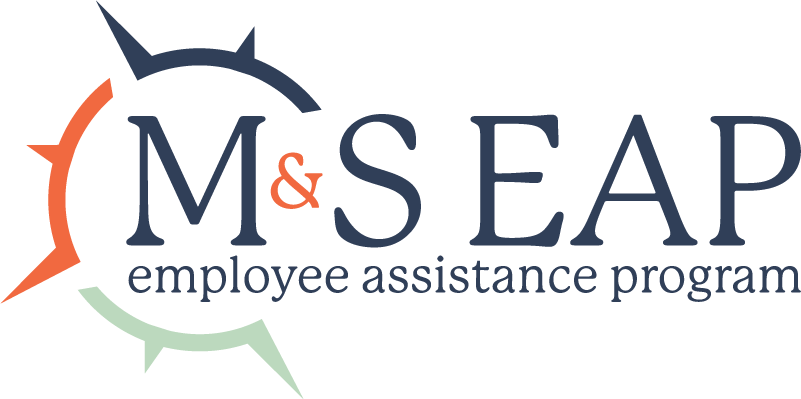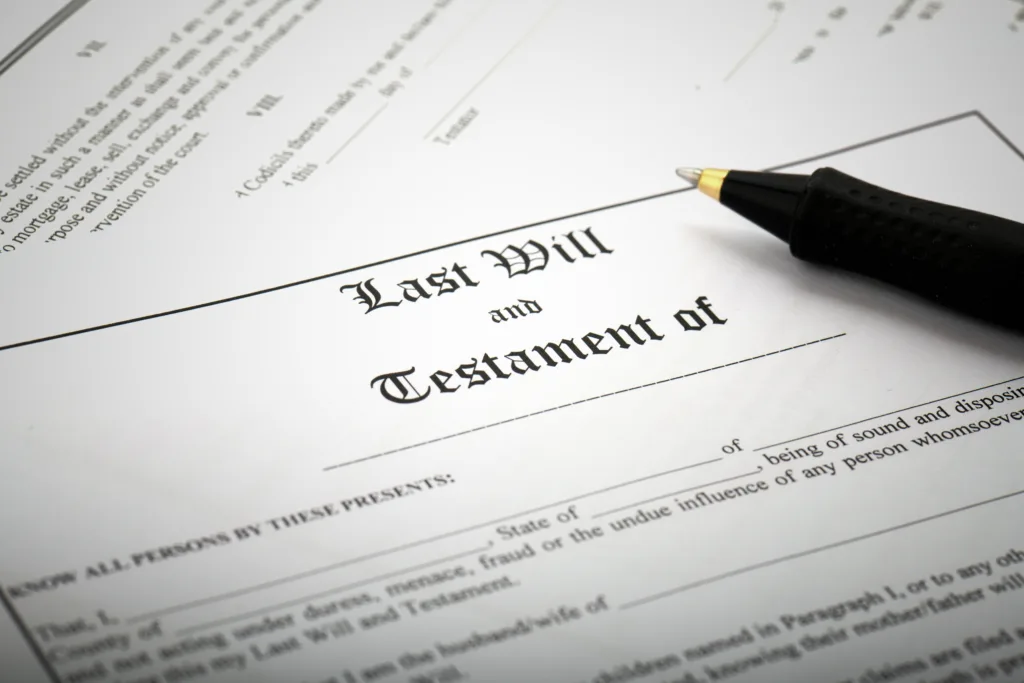Navigating Landlord and Tenant Disputes: Understanding Rights and Resolving Conflicts

Disputes between landlords and tenants are not uncommon. Conflicts can arise around lease terms, maintenance issues or security deposit disagreements, resulting in stress and frustration for both parties. Understanding the rights and responsibilities of both landlords and tenants is crucial in effectively managing such disputes and finding amicable resolutions.
Landlord and Tenant Rights
On both the landlord and tenant side, it’s essential to understand the rights and obligations of each party. Landlords have the right to collect rent on time, maintain the property in a habitable condition and enforce lease agreements. Meanwhile, tenants have the right to a safe and livable environment, privacy and protection from unlawful eviction.
Dispute Between Landlord and Tenant
Common disputes between landlords and tenants can encompass a wide range of issues. These may include disagreements over lease terms, such as rent increases or lease violations, maintenance and repair disputes, security deposit disputes, noise complaints or disputes over property access. Addressing these conflicts promptly and effectively is essential to maintaining a healthy landlord-tenant relationship and ensuring a peaceful living environment.
How to Deal with Landlord and Tenant Disputes
-
Open Communication
Effective communication is necessary in any relationship. Both landlords and tenants should maintain open lines of communication to address concerns or grievances promptly. Clear and respectful communication in phone calls, emails or face-to-face meetings can often prevent conflicts from arising or escalating.
-
Know Your Rights
Educate yourself about your rights and responsibilities as a landlord or tenant. Familiarize yourself with local landlord-tenant laws and regulations to ensure you are well-informed and equipped to address any issues that may present themselves.
-
Document Everything
When faced with a dispute, document all communication and relevant information. Keep records of lease agreements, repair requests, payment receipts and any other correspondence between landlord and tenant. Keeping thorough documentation can provide evidence to support your claims and facilitate the resolution process.
-
Seek Mediation
If direct communication fails to resolve a dispute, seeking mediation or arbitration may be a viable option. Many communities offer mediation services specifically tailored to landlord-tenant conflicts. A neutral third party can help facilitate discussions and assist in finding a mutually acceptable resolution.
-
Consider Legal Action
In some cases, disputes may escalate to the point where legal action is necessary. If attempts at mediation or negotiation fail, consulting with a qualified attorney who specializes in landlord-tenant law may be advisable. An attorney can provide guidance on your rights and options under the law and represent your interests in court if necessary.
Conflict between landlords and tenants are common, but they don’t need to be inevitable in the renting process. By understanding their rights and responsibilities and approaching conflicts with patience, communication and a willingness to compromise, both parties can effectively navigate disputes and preserve a positive landlord-tenant relationship. Proactive communication and mutual respect are key to resolving conflicts and keeping the peace.



